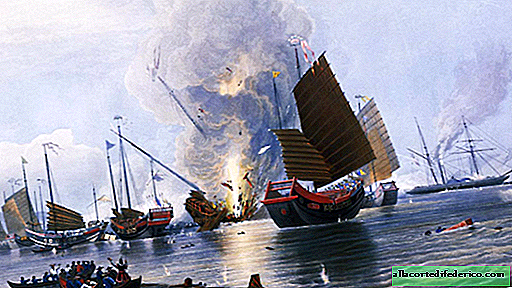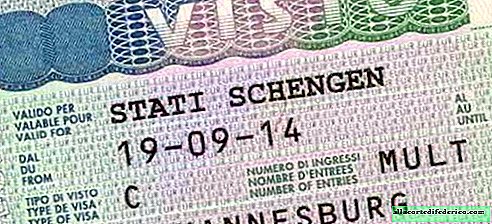The Opium Wars: how the British got their way and forced the Chinese to smoke opium
The opium wars that Great Britain and several other countries initiated were the result of the fact that China did not allow the British merchant ships to enter its ports. China had quite enough land trade routes for ties with the Western world, but the Chinese emperors did not consider it necessary to control coastal areas and fight piracy in order to trade with Europeans, who were called barbarians in the country. For this reason, since the XIV century, the empire had a ban on any maritime trade, which ultimately led to the Opium Wars.

China since the Qing Empire was a closed state that had little contact with the outside world. Perhaps this played a positive role in the fact that most of the territory of China was never a western colony, as happened with almost all the states of Southeast Asia. But this state of affairs did not suit Britain, as well as France and Portugal, which wanted full trade with China and the expansion of their sphere of influence. Europeans did not need territories, they needed a market. But no requests or threats could persuade the Chinese emperors to cooperate, and the ban was lifted only partially for a short time, and then restored again. The British sea vessels were allowed to enter only one port for the purchase of Chinese goods, and the Chinese merchants themselves were very reluctant to buy European goods, which created a trade imbalance in the direction of the Chinese empire.

For this reason, the cunning British decided to go on the other side and impose on China one expensive commodity - opium. They began to import this drug from Bengal and distribute it among Chinese living in port cities. Trade, of course, was conducted illegally, in violation of all the decrees of the Chinese emperors, which prohibited the sale and use of opium, but the British at the same time achieved their goal. Already by the 1830s, British trading profits could be compared with Chinese, and opium was involved in a wide population of the empire, from senior military officials to officials in remote provinces.


Both the First Opium War of 1840-1842 and the Second Opium War of 1856-1860, during which the Western Allies easily reached Beijing, ended in the defeat of the Qing Empire. Following these two wars, China was forced to sign humiliating peace treaties, allow merchants access to the country, and pay a significant amount of compensation.


















